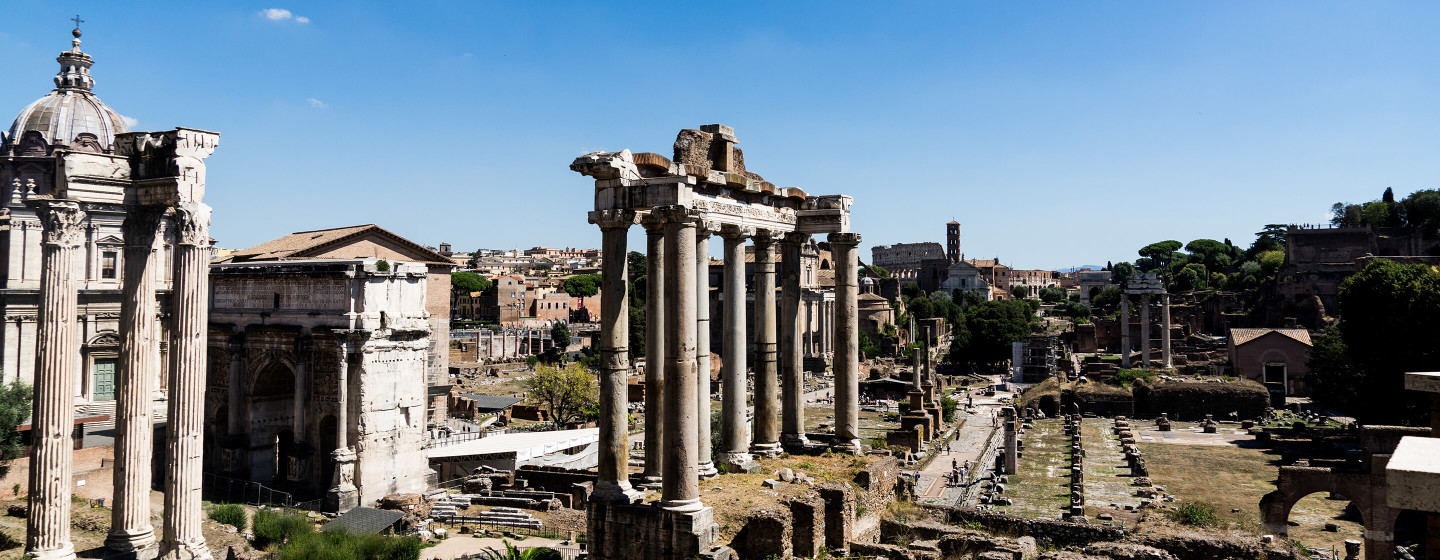
Ancient History A Level
The Ancient History course has been designed to help you develop your understanding of the ancient Greek and Roman world and how its legacy affects today’s society. Although the ancient world can seem quite remote to us now, studying Classics is fundamental to understanding the origins of western civilization. All ancient texts are studied in English translation so no knowledge of ancient languages is required. You do not need to have studied Ancient History at GCSE for this course as there is minimal crossover.
You will develop marketable skills such as the ability to read critically, think analytically and communicate their ideas and opinions in an articulate way. You will make judgments and form arguments of interpretations of the past and form your own investigations of the past. The course expects you to consult a wide range of historical evidence to reach objective and substantiated judgements.
Curriculum Intent
Our mission is to create historians who have an enquiring mind, read critically, are able to appreciate how history is constructed, and to be able to make parallels and distinctions between the ancient world and our own.
What you will study
You will study four units.
Unit One - Greek period study
A longer period study to see the relationship between Sparta and Athens.
Sparta and Athens join together to defeat the Persians (Greece’s mortal enemy) when they try to invade Greece. So, you would think they would be great allies right? Think again. This topic will look at the civil war between these two key players in Ancient Greek history. We will study a range of evidence, from battle tactics (think of Leonidas and the battle of the 300) to comedy plays that give us an insight into their attitudes at the time.
Unit Two - Sparta
A depth study of the politics, education and society of the Ancient Spartans.
Unit Three - Roman period study
This period study will focus on the unfolding story of the emperors Augustus, Tiberius, Gaius, Claudius and Nero. There will be a particular focus on the military, social, religious and political issues and developments of the emperors in Rome and the Empire. For example, you will learn which of the emperors castrated a male slave so that he could take him as his wife? Who preferred to execute criminals by inflicting lots of small wounds so that they would ‘feel like they’re dying’?
Unit Four - The Flavians
The Flavians rose to power straight after the Julio-Claudian dynasty during the civil war of 69 BC, known as the Year of the Four Emperors. Not only was this period scarred by lots of battles and backstabbing, but awful natural disasters such as fire and plague in Rome, as well as the eruption of Mount Vesuvius completely destroyed neighbouring cities such as Pompeii. This is a fascinating in-depth study into the interplay of political, military, social, economic and religious factors that affected the Flavian emperors.
How the course is assessed
You will be assessed at the end of the second year on all four units in two final examinations for the A Level qualification. Each unit is worth 25% of the course and both exams last for 2 hours and 30 minutes.
The Exam board is OCR and the unit code is H407.
Entry requirements
- Five subjects at grade 4 or above, including English and Maths
- Grade 5 in GCSE English Language and in GCSE History or Ancient History.
Why study A Level Ancient History at Windsor Sixth Form?
- Specialist teachers - You will be taught by specialist teachers who are passionate about the subject.
- Learning beyond the classroom - There are lots of opportunities for extra-curricular trips and university outreach sessions.
Other courses that go well with A Level Ancient History
English language and literature, history, art or modern languages. The course also goes well with mathematics, science or social sciences.
What you can do after the course
The course is ideal for careers in journalism, law, marketing, policing, leisure and entertainment, publishing, languages, research, teaching.
An A Level in Ancient History is perfect for students wishing to study ancient history, history, archaeology, palaeontology, classics or anthropology at University. Other subject areas also place great value on the subject, in particular, law. Some universities, in fact, make it a requirement.
The course is also great for apprenticeships in the heritage sector.
Where do our students progress to after this course?
Our students go on to study at university, often choosing to continue with their studies in ancient history, history or classics at degree level.
Student success stories
This year, two students have secured places to study ancient history or classics at University of Birmingham and University of Reading.
Past students have not only opted to continue with their study of ancient history but others have also used it as a platform to study sociology, art history, law and medicine.

